The simmering conflict between President William Ruto and Deputy President Rigathi Gachagua appears to have escalated, with new developments emerging from a recent closed-door meeting in Karen.
Kikuyu elders convened to discuss the political landscape and strategize on maintaining unity within the party.
According to reports by KTN News, a group of Agikuyu elders met with Deputy President Rigathi Gachagua at his official residence in Karen.
During the meeting, the elders expressed their unwavering commitment to ensuring that both Gachagua and President William Ruto remain closely aligned.
This gathering highlights the gravity of the situation and the elders’ concern over the growing rift within the party.
Insiders suggest that the tension between Ruto and Gachagua stems from suspicions that Ruto may be backing youthful leaders in the Mt. Kenya and Rift Valley regions.
These leaders are allegedly working to undermine Gachagua ahead of the 2027 general election.
This situation has been described as a “cold war,” with both sides maneuvering to secure their political positions and influence.
The discord was further highlighted by recent comments from MP Oscar Sudi, who vowed to continue his nationwide efforts to support vulnerable groups and churches in development matters.
Sudi’s statement came a day after Deputy President Gachagua criticized certain leaders from the Rift Valley, questioning the sources of their funds and their frequent travels across the country using helicopters to distribute money.
Gachagua, without naming names, urged MPs to focus on their constituencies and cease what he termed as “political tourism.” His remarks indicate a growing frustration with what he perceives as disruptive political activities by certain leaders, which he believes are intended to challenge his position and influence.
This internal conflict within the ruling party poses significant challenges for President Ruto’s administration.
The apparent backing of youthful leaders by Ruto is seen by some as a strategic move to cultivate new allies and diminish Gachagua’s influence.
On the other hand, Gachagua’s insistence on traditional political roles and local focus underscores a resistance to this perceived undermining.
The implications of this “cold war” are far-reaching. If unresolved, it could lead to a fracturing of the party, impacting its cohesion and effectiveness in governance.
The political maneuvers by both Ruto and Gachagua reflect a deeper struggle for control and influence, which could shape the future dynamics of Kenyan politics.
The escalating conflict between President Ruto and Deputy President Gachagua highlights a significant power struggle within the ruling party.
The efforts by Kikuyu elders to mediate and ensure alignment between the two leaders underscore the high stakes involved.
As the political landscape evolves, the resolution of this internal discord will be crucial in determining the stability and future direction of the administration.







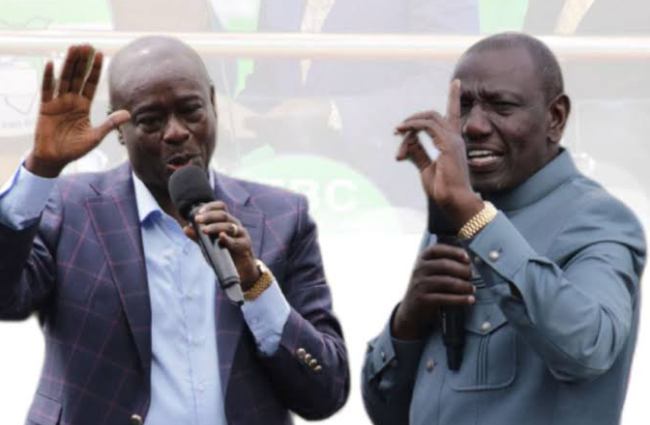

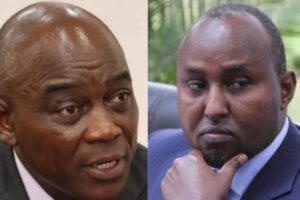
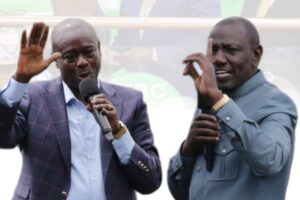

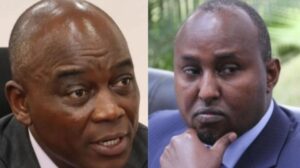
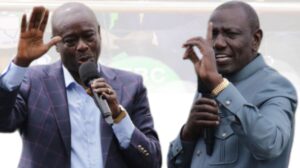
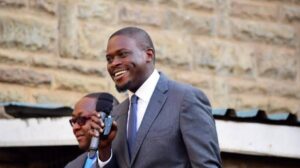
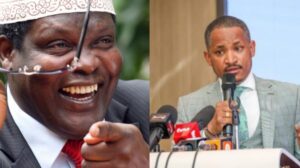


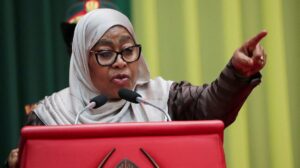

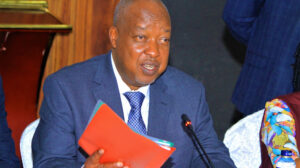
Add Comment